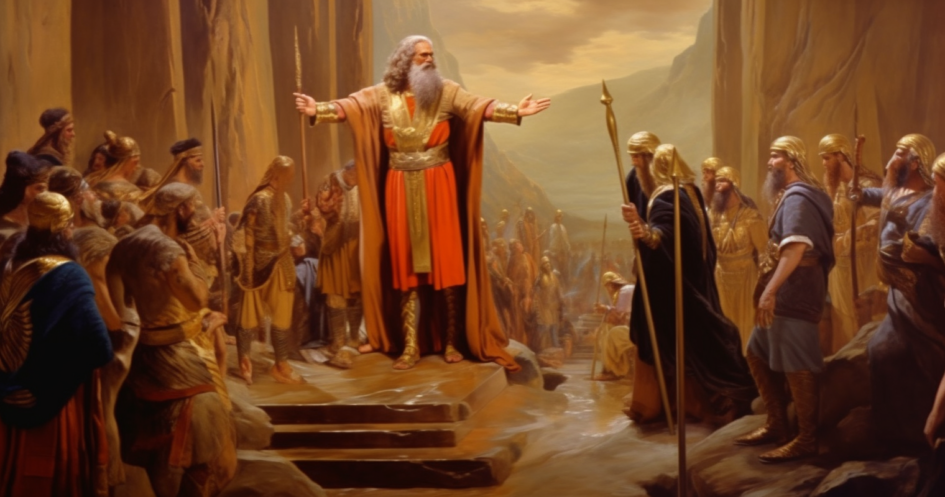The abolition of slavery stands as a significant milestone in human history, representing the triumph of justice and human rights. While various factors contributed to this momentous shift, one influential force that played a pivotal role was the Christian Bible. Throughout the centuries, advocates of abolition turned to the scriptures for moral guidance and inspiration, leveraging its teachings to challenge the institution of slavery. This article explores the profound impact of the Christian Bible in the movement to eradicate slavery, highlighting how its principles and narratives provided a powerful catalyst for change.
- Biblical Teachings on Human Equality:
Central to the Christian faith is the belief that all humans are created in the image of God, possessing inherent dignity and worth. The Bible, from Genesis to the teachings of Jesus Christ, emphasizes the equality of all individuals, challenging the notion of one person’s superiority over another. This egalitarian principle resonated deeply with abolitionists who drew upon biblical passages such as Galatians 3:28: “There is neither Jew nor Greek, slave nor free, male nor female, for you are all one in Christ Jesus.” - The Prophetic Voice against Oppression:
Throughout the Old Testament, the prophets decried oppression and called for justice, often championing the cause of the oppressed and marginalized. Their impassioned pleas to “loose the chains of injustice” (Isaiah 58:6) and to “seek justice, correct oppression” (Isaiah 1:17) resonated with abolitionists who saw in these messages a divine mandate to combat the institution of slavery. Quoting these verses, they challenged the oppressive practices of slaveholders and galvanized public opinion against the injustice of human bondage. - The Golden Rule and the Ethic of Love:
Jesus’ teachings, particularly the Golden Rule—”So in everything, do to others what you would have them do to you” (Matthew 7:12)—underscored the importance of empathy, compassion, and love. Abolitionists drew upon these teachings to expose the inherent contradiction of slavery, which violated the essence of love and care for one’s fellow human beings. They argued that true followers of Christ could not justify the ownership and dehumanization of others, compelling believers to reject the institution of slavery. - The Exodus Narrative and Liberation:
The story of the Israelites’ liberation from slavery in Egypt, chronicled in the book of Exodus, served as a powerful narrative of hope and liberation for abolitionists. They likened the struggle of African slaves to the Israelites’ quest for freedom, weaving a compelling parallel that resonated with the public consciousness. By invoking the Exodus story, abolitionists emphasized the divine call for liberation, casting slavery as a moral evil that defied God’s plan for humanity.
The Christian Bible’s influence in the abolition of slavery cannot be overstated. It provided a moral foundation, shaped public sentiment, and inspired generations of abolitionists to challenge the institution of slavery. The biblical teachings on human equality, justice, love, and liberation served as a powerful catalyst for change, driving the movement forward with unwavering conviction. As we reflect on this pivotal chapter in history, it is crucial to acknowledge the transformative role of the Christian Bible, which empowered individuals to confront the moral crisis of slavery and work towards a more just and equal society.
 The Libertarian Catholic
The Libertarian Catholic
















